It has been four years since Ho Yiu-wai, a Hong Kong young man, established his start-up in the Shenzhen-Hong Kong Science and Technology Innovation Cooperation Zone at the Lok Ma Chau Loop in the border area between the two cities.
For Ho, Shenzhen, a city in neighboring Guangdong province, is a place where one can turn research into commercialized products in the shortest possible period. The technology company he founded has already secured four rounds of financing and its first product is already on the market.
The Shenzhen-Hong Kong Science and Technology Innovation Cooperation Zone is located on the border of Futian District in Shenzhen and Hong Kong, consisting of the Shenzhen park on the north side of the Shenzhen River and the Hong Kong park on the south side.
The construction of the Hong Kong-Shenzhen Innovation and Technology Park is progressing in full swing. This largest technology and innovation park in Hong Kong is expected to be completed in phases between 2024 and 2027.
In the meantime, the Shenzhen park has prepared 600,000 square meters of research space, attracting many Hong Kong youths with the same dream of innovation and entrepreneurship as Ho to move in.
When Lau Kai-hoi returned home after a stint of study abroad, he decided to develop his career in Shenzhen. From an employee of a trading company to a founder of a cross-border e-commerce platform, his "first pot of gold" came from the flow of goods between Hong Kong and Shenzhen.
Now Lau is running a business incubator in the Qianhai Shenzhen-Hong Kong Modern Service Industry Cooperation Zone to help more young people from Hong Kong, Macao and Taiwan to realize their dreams in the mainland.
"When I was a child, I often came to Shenzhen with my family. I witnessed the process of industrial upgrading in Shenzhen, and I could see the great changes and opportunities," he said.
From Zhou Shengfu, CEO of vehicle-hailing platform Lalamove, to Wang Wei, the founder and chairman of SF Express, successful business tycoons who leverage advantages of the resources of Shenzhen and Hong Kong are inspiring more Hong Kong people to live a twin-city dream of success.
Data from Shenzhen's Human Resources and Social Security Bureau shows that by the end of 2021, more than 37,000 Hong Kong residents were participating in the employee pension schemes in Shenzhen, an increase of 204 percent from the end of 2018.
Shenzhen has introduced a number of measures to facilitate the development of Hong Kong people in the city. Hong Kong doctor Fan King-man, who has been working at the University of Hong Kong-Shenzhen Hospital for nine years, received a certificate of senior professional title in the mainland, thanks to the convenient professional practice measures.
"The recognition of my senior title should be attributed to smooth practice qualification between the two places. It's more convenient for Hong Kong doctors like me to run a clinic in Shenzhen, and there's more room for development," Fan said.
Shenzhen has also made efforts to promote a highly facilitated practice system for overseas professionals by relaxing restrictions on their participation in national professional qualification examinations and clarifying policies on the practice of overseas professionals in various fields. Civil service positions in the city are also open to young people from Hong Kong and Macao.
Hong Kong is also ramping up efforts to boost cooperation within the Guangdong-Hong Kong-Macao Greater Bay Area (GBA). In early 2021, the Hong Kong Special Administrative Region (HKSAR) government announced a GBA youth employment program, through which some 700 young people from Hong Kong went to work in Shenzhen.
Behind growing cooperation between Shenzhen and Hong Kong is love for compatriots and a sense of belonging.
The ports of entry in Shenzhen are an important channel for mainland supplies to be transported to Hong Kong. To support Hong Kong's fight against the COVID-19 outbreak, Shenzhen ensures the cross-border transport lifeline by optimizing cross-border land transport modes, and opening up waterways and railroad cross-border transport channels.
During the COVID-19 resurgence in Shenzhen in February, Ho served as a volunteer, working at a nucleic acid testing site in the city.
"I feel at home in Shenzhen, and I will do my part and move forward with the city together," he said.








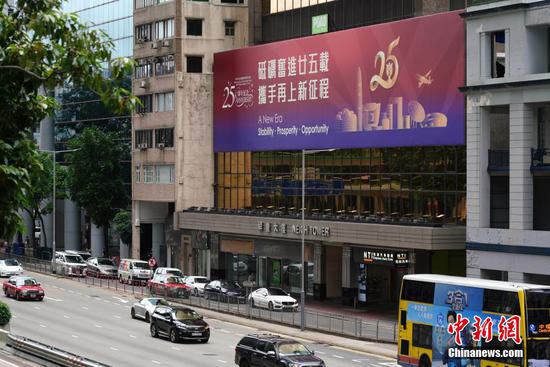



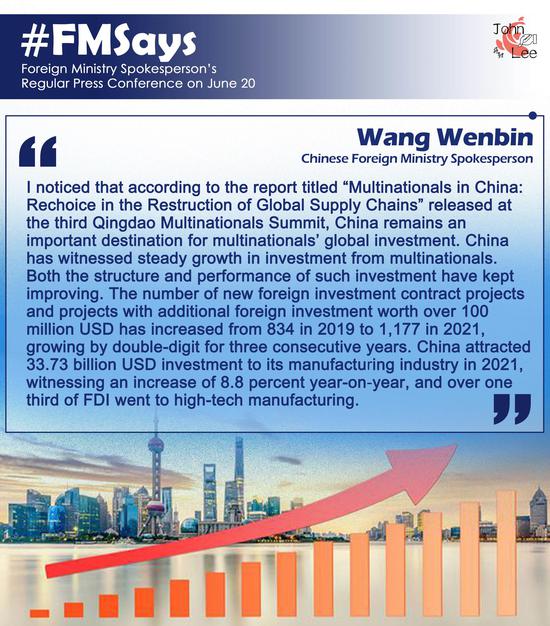
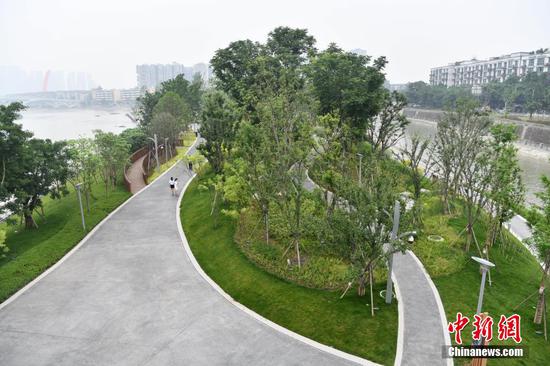
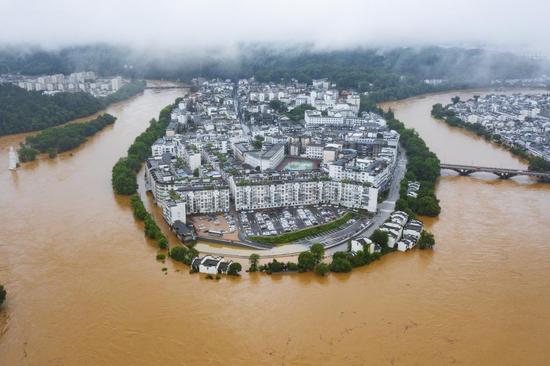
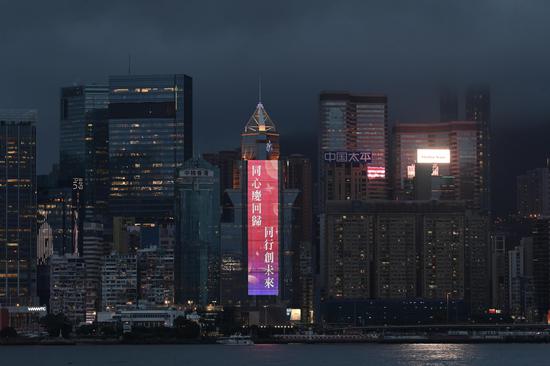

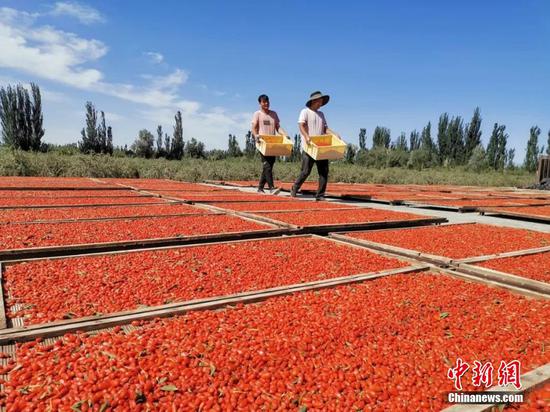

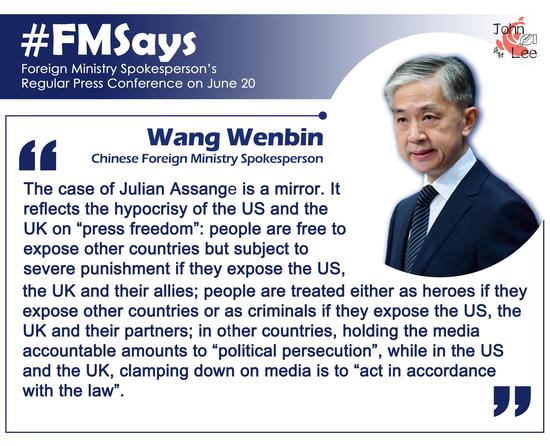


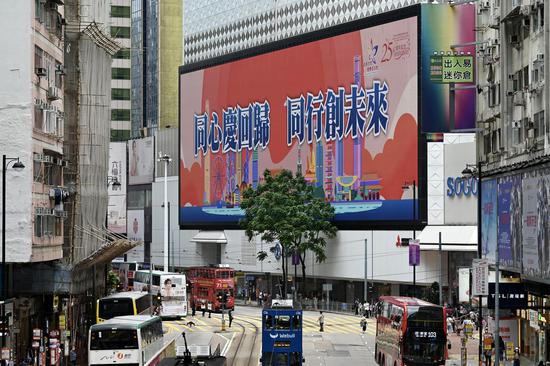
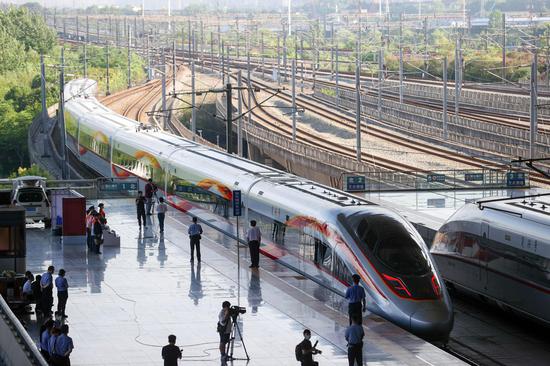
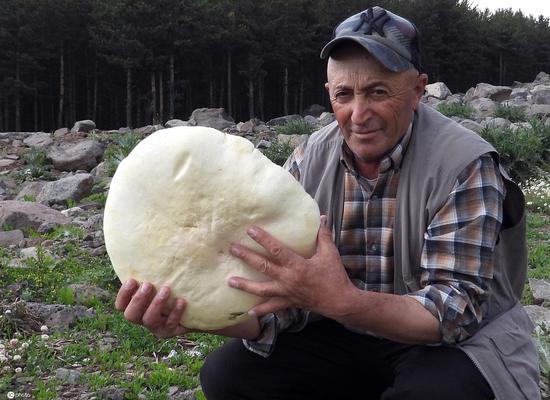
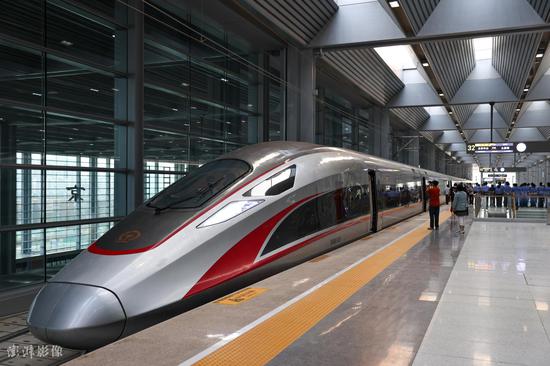
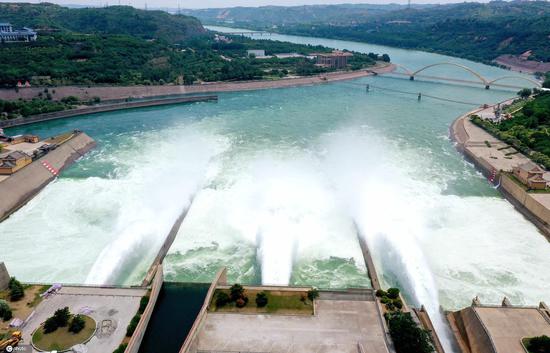

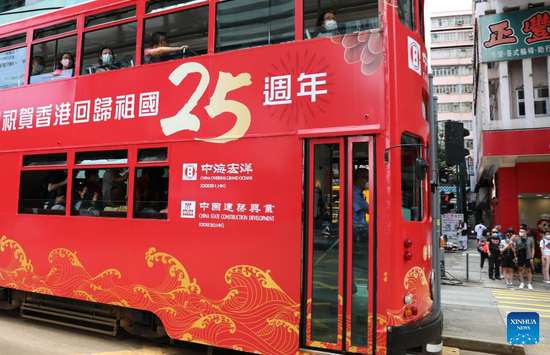
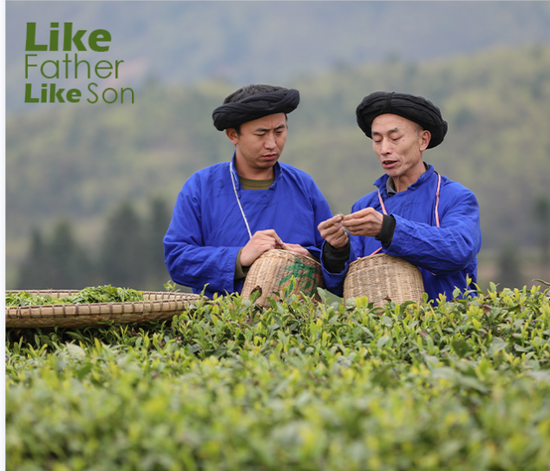

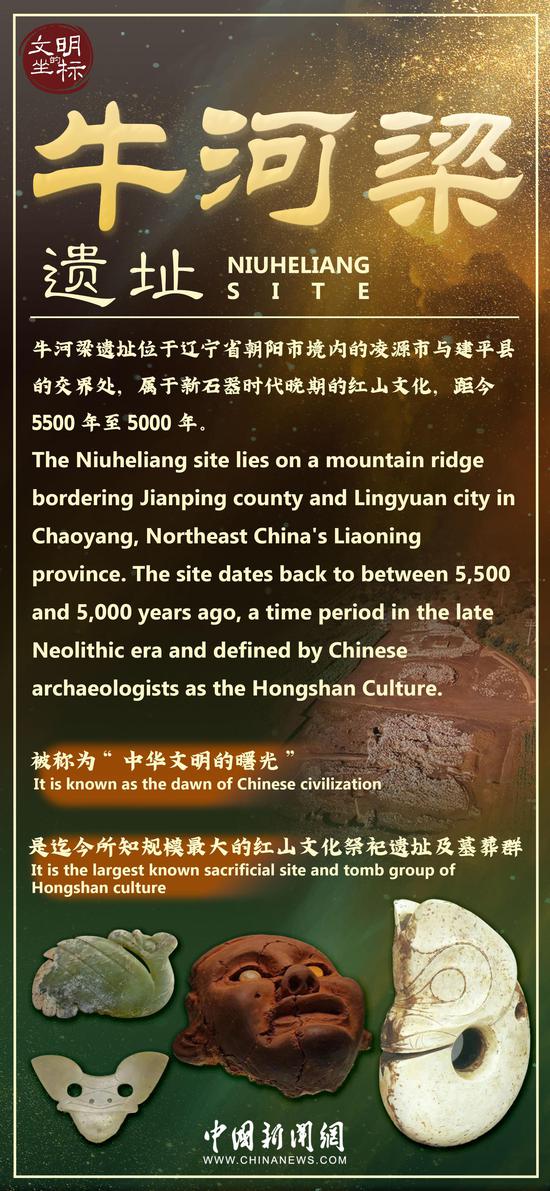
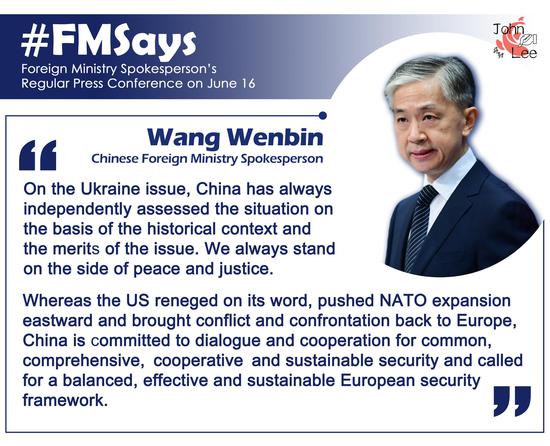

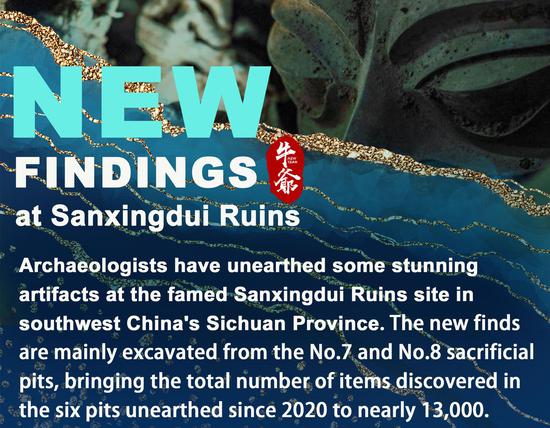
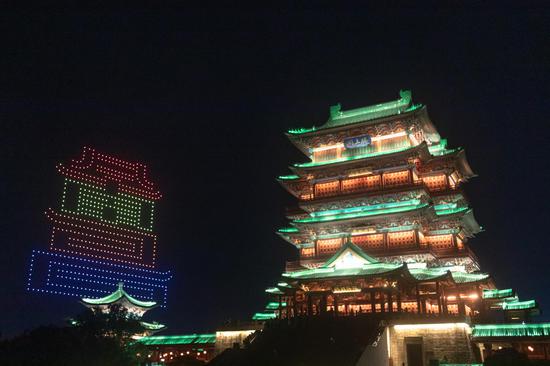
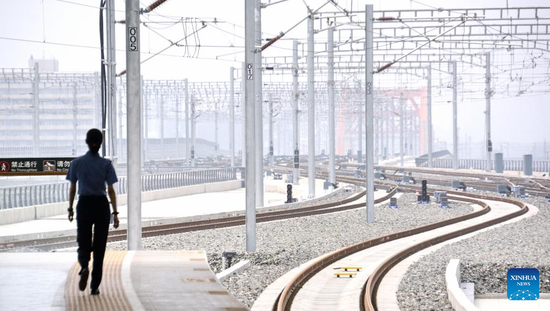

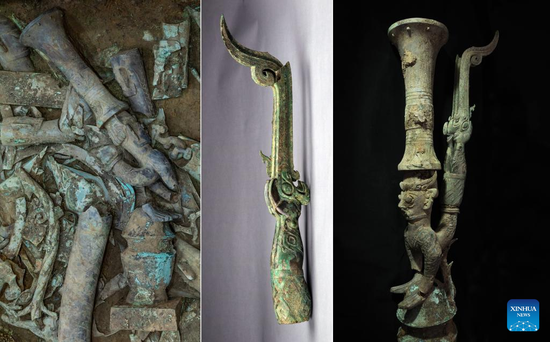
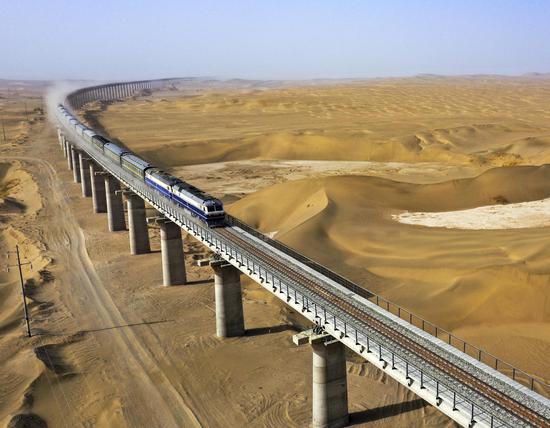
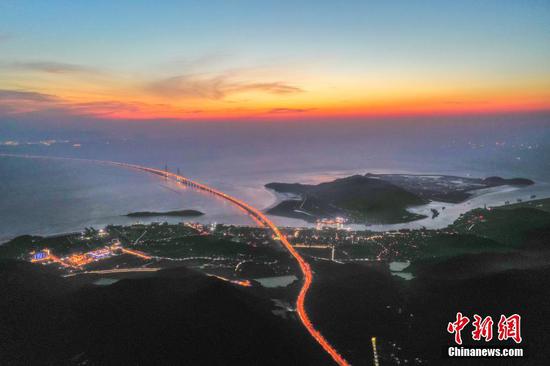
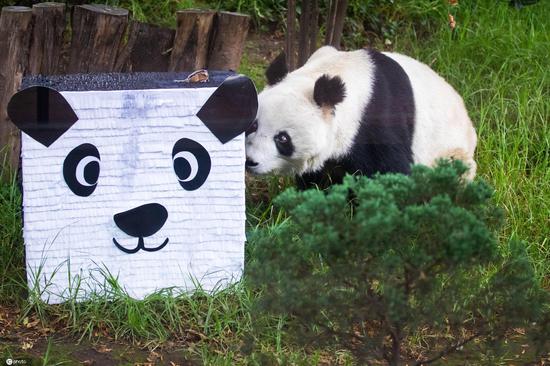
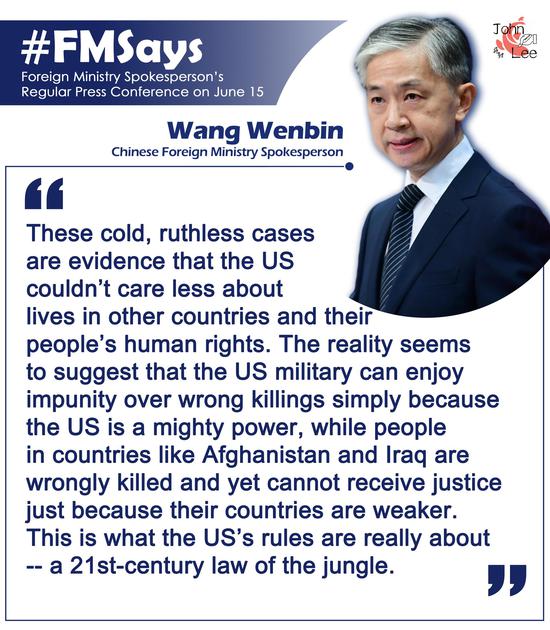
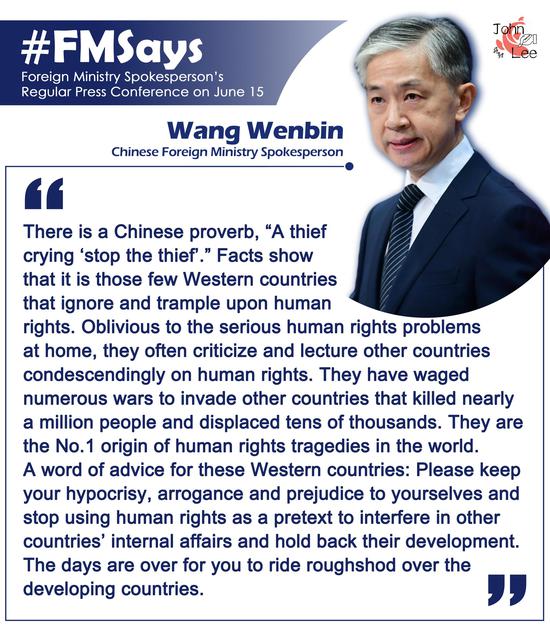
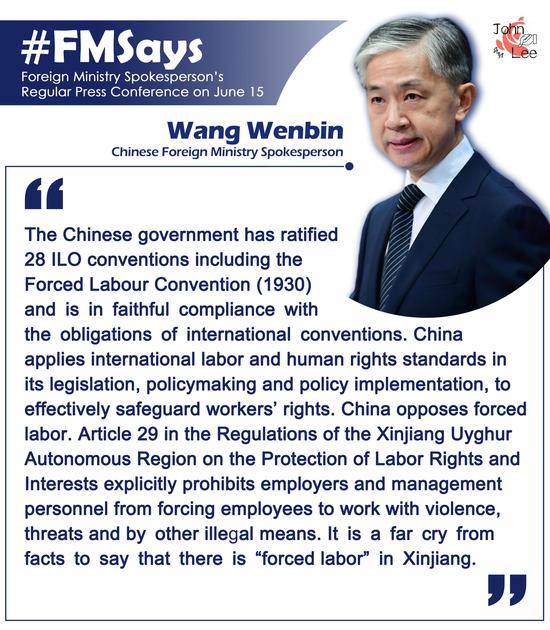





 京公网安备 11010202009201号
京公网安备 11010202009201号